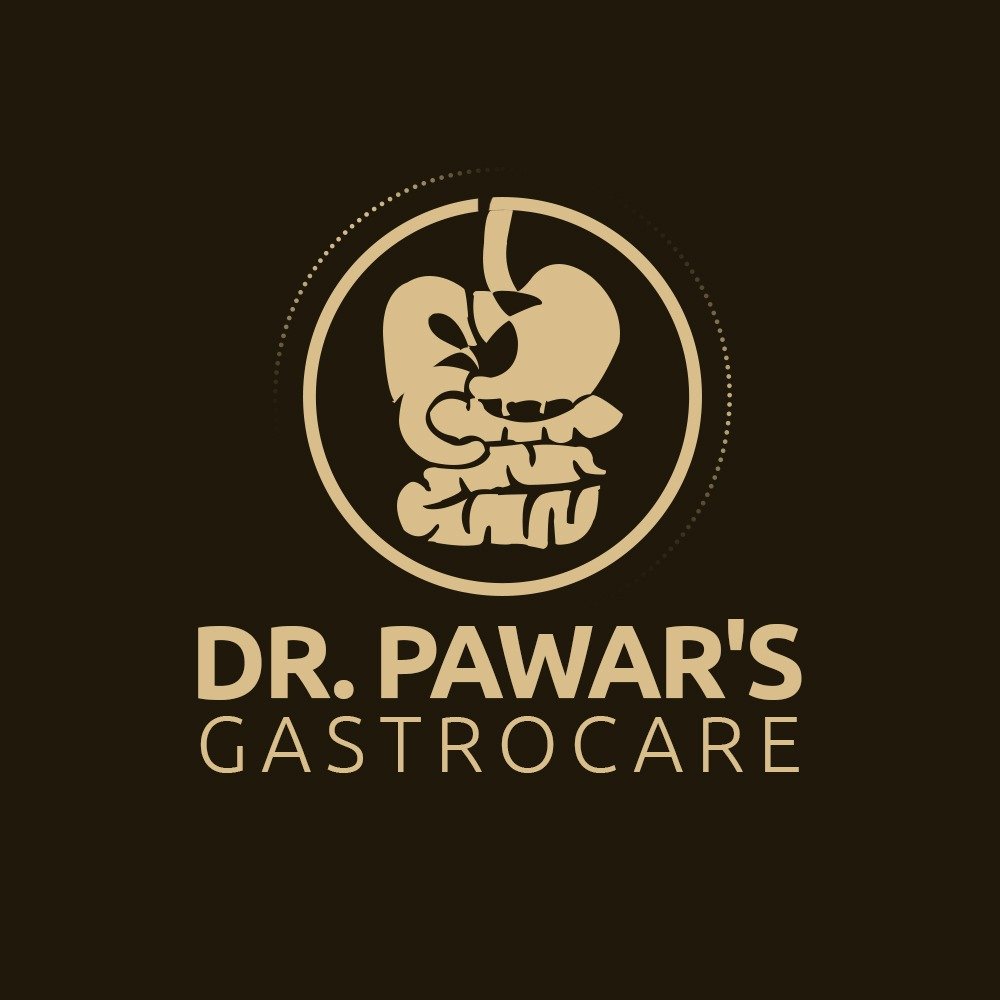INFLAMMATORY BOWEL DISEASE

IBD or the inflammatory bowel disease is the collective name given to various disorders that relate to the persistent inflammation in the digestive tract of the body. The condition is characterized by symptoms like rectal bleeding, abdominal pain, diarrhea, fatigue and weight loss. An inflammatory bowel disease could be mild, moderate or severe. Additionally the duration of the active condition may vary and after a remission period the condition may relapse again. Inflammatory bowel disease is treatable but when ignored could prove life-threatening too.
It may cause inflammation in other body parts like in eyes, joints and skin.Serious conditions include colon cancer, fistula and fissures. A persistent condition could also cause anemia and deficiencies in the body.
An Inflammatory Bowel Disease could be categorized as:
- Ulcerative colitis
Ulcerative colitis is the continuous inflammation of the lining of the large intestine starting from rectum.
- Crohn’s disease
Crohn’s disease is the discontinuous or patchy inflammation of the small and/or large intestine.
The symptoms of Ulcerative colitis and Crohn’s disease are mostly common.
Symptoms
The common symptoms include:
- Diarrhea
- Fatigue
- Abdominal pain and cramping
- Blood in stools
- Anemia
- Reduced appetite
- Unintended weight loss
Causes
The root cause of the disease is not exactly known. Doctors relate the cause to various risk factors. The common risk factors include:
- Family history: Having the inflammatory bowel disease in family or close relative could increase the risk of disease.
- Age factor: Certain age group is found to get the condition earlier than others
- Certain ethnicity: People of certain race are affected earlier from the disease
Treatment
Treatment for IBD involves self-care and medication. Stress reduction, significant diet changes along with other lifestyle changes suggested by doctors are to be followed as recommended.
Medication helps in lessening the pain and inflammation of the digestive tract. Medication may include oral tablets, oral granules, enemas and injections.
The treatment though would depend upon various factors including age, the severity along with the overall health condition.
